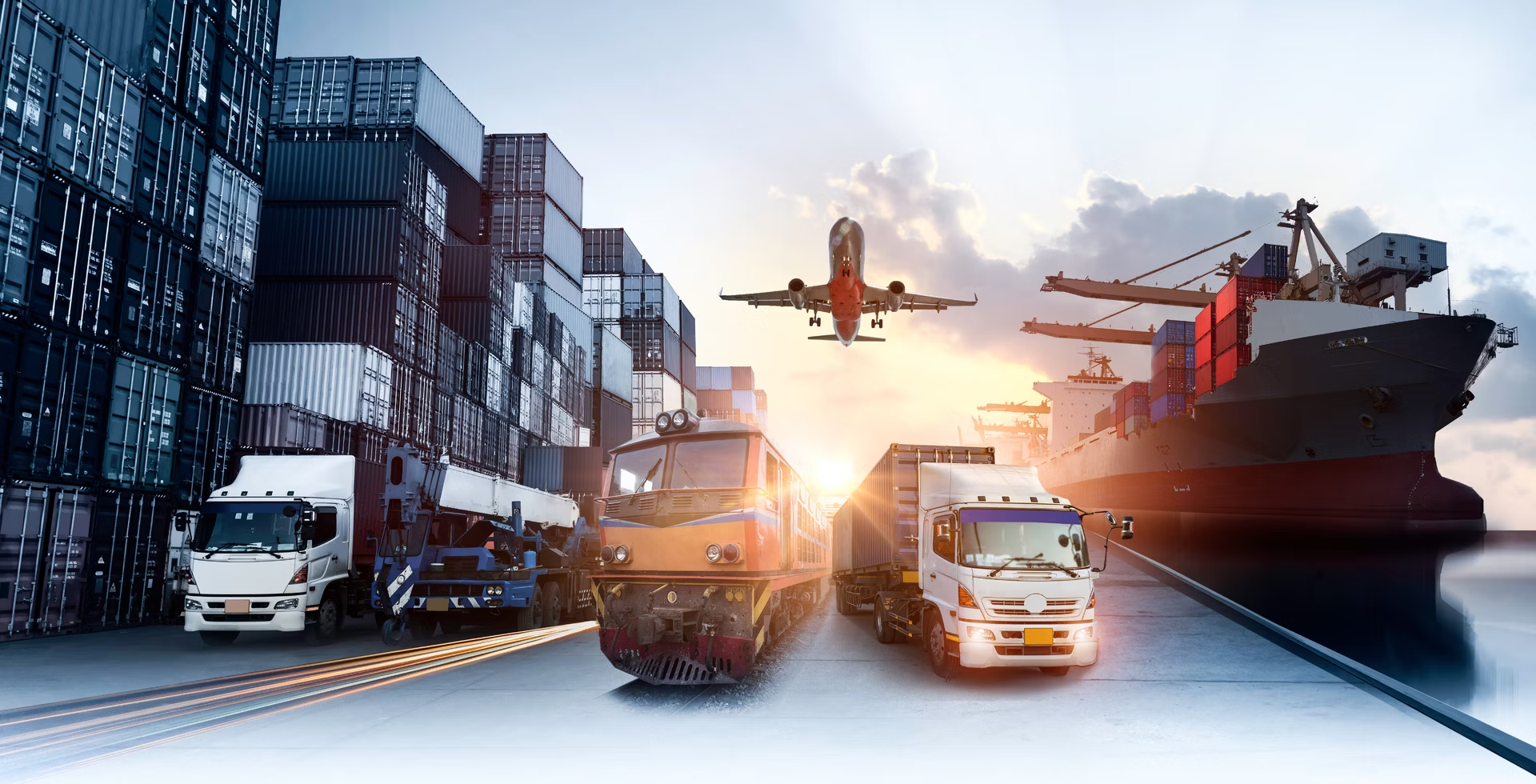In the competitive world of modern retail, logistics play a pivotal role in determining the success of a business. Retail logistics refers to the process of managing the movement of goods from suppliers to warehouses and, ultimately, to the end customer. This involves a wide range of activities, including inventory management, transportation, warehousing, and last-mile delivery. The efficiency of these processes can directly impact customer satisfaction, making it crucial for retailers to invest in optimizing their logistics operations.
Effective logistics management can help retailers reduce costs, improve delivery times, and enhance the overall shopping experience for customers. At the heart of this success lies Retail Logistics ensuring that the right products are available at the right time and place. For example, by leveraging advanced technologies such as automated inventory systems and route optimization software, retailers can streamline their supply chains and minimize delays. Furthermore, a well-optimized logistics system can help businesses adapt to fluctuating consumer demands and stay ahead of the competition.
One of the most significant challenges in retail logistics is balancing cost-efficiency with speed and reliability. Consumers today expect faster delivery times, often within 24 hours, without compromising the quality of the products. To meet these expectations, retailers are adopting innovative solutions such as using multiple distribution centers, partnering with third-party logistics providers, and implementing data-driven decision-making processes. These strategies not only help reduce operational costs but also improve the accuracy and timeliness of deliveries.
Another critical aspect of optimizing retail logistics is sustainability. With increasing awareness about environmental issues, consumers are gravitating toward businesses that prioritize eco-friendly practices. Retailers can address this demand by adopting green logistics strategies, such as using electric vehicles for delivery, reducing packaging waste, and optimizing transportation routes to minimize fuel consumption. Sustainable logistics practices not only benefit the environment but also enhance the brand image and customer loyalty.
Technology plays a transformative role in improving retail logistics. The use of artificial intelligence (AI), machine learning, and the Internet of Things (IoT) has revolutionized the way logistics operations are managed. AI-powered tools can predict demand patterns, optimize warehouse layouts, and automate inventory management, ensuring that products are always in stock. Similarly, IoT devices enable real-time tracking of shipments, providing greater visibility and control over the supply chain. These advancements help retailers deliver a seamless and efficient shopping experience.
Optimizing retail logistics is essential for ensuring an efficient supply chain and achieving high levels of customer satisfaction. By leveraging technology, adopting sustainable practices, and focusing on cost-efficiency, retailers can overcome logistical challenges and meet the ever-evolving demands of consumers. As the retail landscape continues to evolve, businesses that prioritize their logistics operations will be better positioned to thrive in a competitive market.

